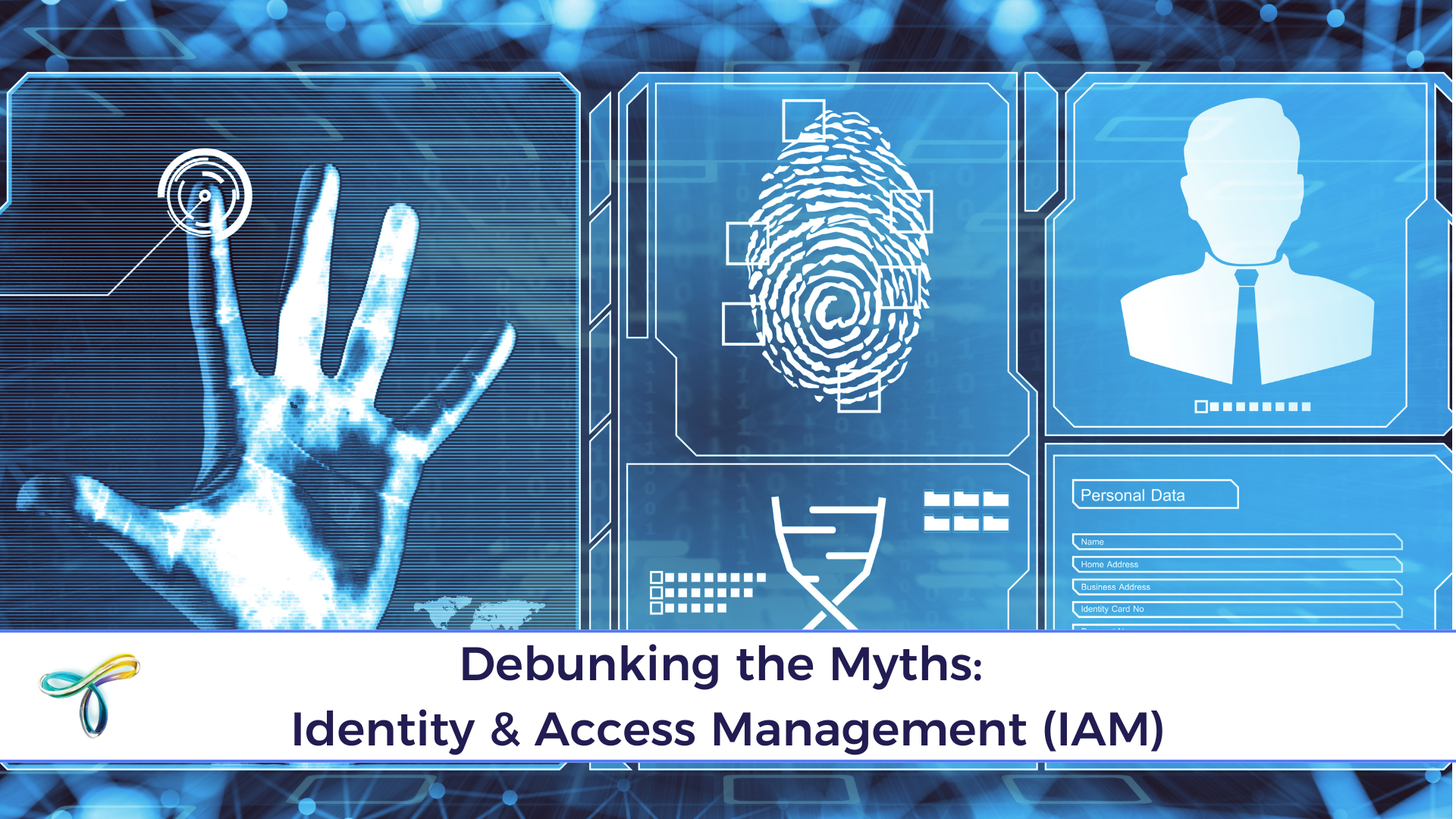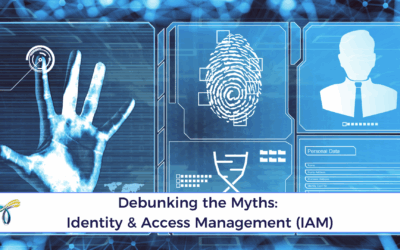Many firms, particularly small and medium businesses, have had digital transformation on their to-do lists for years, but it has often been disregarded, simply because the digital workplace is not considered to be an essential component for business success. However, since the outbreak, the pandemic has resurfaced as a major topic, prompting groups to step up their efforts. This indicates that by the end of 2022, every business owner needs to be concerned about digital transformation trends. Digital transformation can be implemented in a variety of ways, depending on the firm. Even though digital transformation has been on the rise recently, many firms are still hesitant to accept new technology owing to fear due to lack of information, and lack of resources.
Why does digital transformation matter?
Digital Transformation aims at improving the customer experience, which forms a crucial goal for any organization. It is defined as the incorporation of digital technology into all aspects of a business, resulting in substantial changes in how an organisation functions towards giving value to customers.
Rather than focusing on cost reduction, information technology has emerged as the key driver of company innovation. To embrace this transformation, everyone in the organization must reconsider the role and influence of IT in their daily lives.
Although IT will play a major role in driving the digital transformation plan, everyone is responsible for executing and adjusting to the massive changes that come with it. As a result, digital transformation needs to evolve the workforce mindset towards more digital culture and adoption. In this new normal set by the pandemic, organizations are rapidly reinventing business processes to enable smooth operations and service deliverability, empowering their workforce with an ecosystem of digital tools
Let’s take a look at the trends reinventing the future with Digital Workspace:
Adoption of Collaborative Techniques
Innovation in collaboration helps organizations to improve productivity by offering a better experience and enhancing both quality and speed of delivery. Many firms have grasped the importance of adopting Microsoft’s cloud-based Office 365 productivity suite now more than ever. This kind of digital workplace concept has been around for a long time.
The new age workplace transformation makes use of a variety of Microsoft technologies as well as productivity programs that take advantage of the speed and efficiency of cloud and automation platforms, especially Azure capabilities. When fully implemented, this can result in a frictionless and integrated organizational workforce system that is both agile and scalable while also being intuitive for users.
Processing Information Overload
In today’s business environment, Big Data has become the corporate standard, and every digital experience we have is built on a data foundation. To build a digitally ready workplace and integrate cross-functional systems for business operations automation, using real-time and all sorts of data transactions to make quick actionable decisions will be crucial. Microsoft SharePoint happens to be one of the most popular tools to leverage data collection and processing, and also allows to building of digital tools and assets on top of it, that can seamlessly access needed data.
The goal of data collection, ingestion and analysis should be to forge productive business relationships within and beyond natural work groups and to enable knowledge sharing across the organization. However, data processing and usage come with data governance and policy to ensure the right access to the right information by the right users, to protect and maintain the organisation’s reputation, competitive edge, and productivity.
Reinvention of work structures
A complex work structure breakdown involves unlocking the true potential using AI to reimagine and restructure business operations and create a valuable Digital integration cycle. A Digital integration cycle will provide better approaches to experiment and build the right digital strategies for a future-ready workplace.
A digitally transformed business can leverage actionable insights from data intelligence to deliver better services and products proactively without relying on customers’ actions. If done right, organizations can achieve more impactful and quicker innovation and value propositionss. Microsoft’s Power platform has been leveraged by several organisations to understand, determine and implement quick actions for enhancing both organizational and end-user experiences.
Conclusion
Reinventing the workplace produces several gains in the form of employee productivity, employee retention and employee satisfaction. More organizations are committing IT budgets to transforming digital workplace strategies that promise to deliver measurable returns.
DigiTaiken has Microsoft expertise to help you get the most out of your Digital Transformation by combining our strong knowledge of industry-specific business processes with our seasoned experience delivering advanced business-specific solutions.





